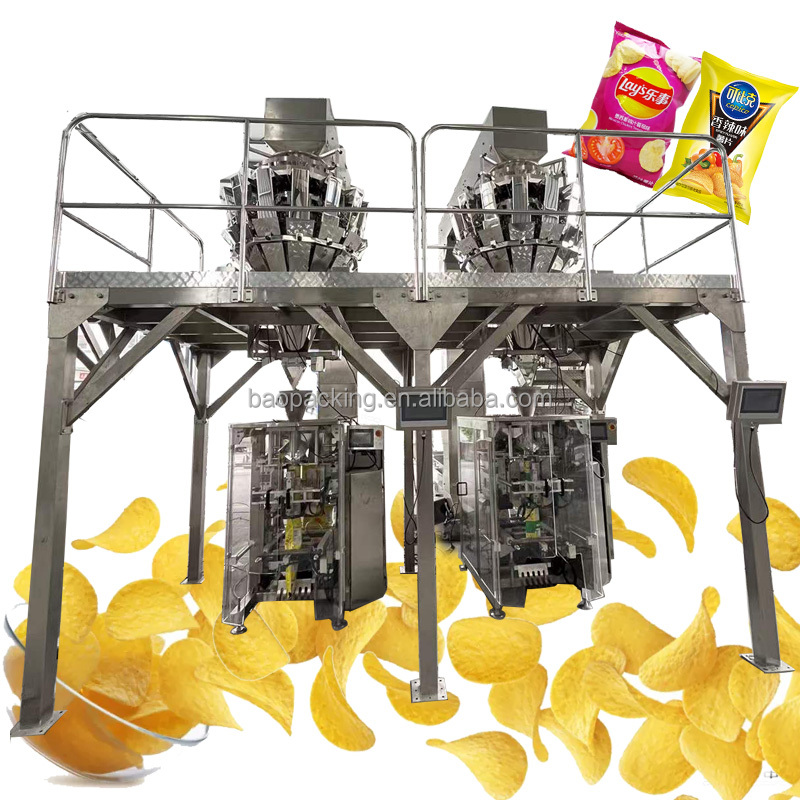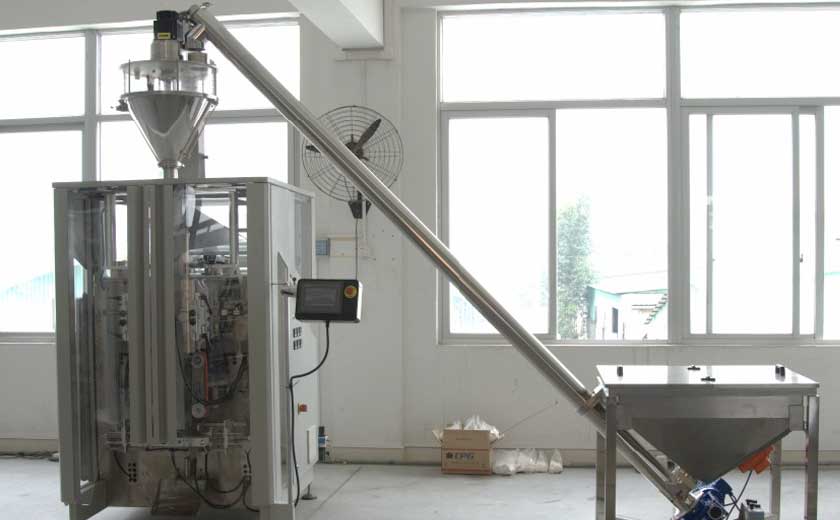How Semi-Automatic Weight Machines Can Optimize Production Costs
In manufacturing, optimizing production costs is crucial for profitability and competitiveness. Semi-automatic weight machines play a pivotal role in achieving this goal by providing accurate and efficient weighing solutions. This article delves into the various aspects of how semi-automatic weight machines contribute to cost optimization in manufacturing.
Enhanced Accuracy and Reduced Waste
Semi-automatic weight machines leverage advanced sensors and digital technology to deliver highly accurate measurements. This precision helps manufacturers ensure that every item meets the desired weight specifications. By eliminating overfilling or underfilling, these machines minimize material waste, leading to significant cost savings in the long run.
Increased Productivity
Semi-automatic weight machines automate the weighing process, freeing up operators to focus on other tasks. This increased productivity allows manufacturers to process more products in a shorter time, thereby improving overall efficiency and output. Additionally, the consistent accuracy of these machines reduces the need for manual verification, further streamlining the production line.
Reduced Labor Costs
By automating the weighing process, semi-automatic weight machines reduce the need for manual labor. This translates into direct cost savings on labor expenses. Moreover, the machines’ reliability and durability minimize downtime due to maintenance or repairs, ensuring optimal productivity and minimizing labor overhead costs.
Improved Quality Control
Accurate and consistent weighing plays a crucial role in ensuring product quality. Semi-automatic weight machines provide real-time data on weight measurements, enabling manufacturers to identify and address any deviations from specifications. This proactive approach prevents the production of defective products, reducing scrap and rework costs, and enhancing overall product quality.
Versatility and Flexibility
Semi-automatic weight machines are highly versatile and can be configured to meet the specific requirements of different manufacturing processes. They can weigh a wide range of products, from small components to bulk materials, and can be integrated into existing production lines with minimal disruption. This flexibility allows manufacturers to adapt to changing production needs and optimize efficiency across various applications.
Improved Inventory Management
Accurate weight measurements are essential for effective inventory management. Semi-automatic weight machines provide reliable data on product weights, enabling manufacturers to maintain precise inventory records. This information helps optimize stock levels, reduce overstocking, and prevent shortages, resulting in improved cost control and reduced inventory carrying costs.
Semi-automatic weight machines are a valuable investment for manufacturers seeking to optimize production costs. Their precision, increased productivity, reduced labor costs, improved quality control, versatility, and enhanced inventory management capabilities contribute significantly to overall cost savings and operational efficiency. By embracing these automated solutions, manufacturers can gain a competitive edge, improve profitability, and enhance overall manufacturing performance.
-
Overview of Packaging Machine Buying Guides
08-01-2024 -
How Does a Vertical Form Fill Seal Machine Work?
30-10-2023 -
Advancements in Auger Powder Filling Technology
27-10-2023 -
A Deep Dive into Automatic Packaging Machines
26-10-2023 -
The Revolutionary Fully Automatic Potato Chips Packaging Machine
20-09-2023 -
How to choose the right packaging machine?
23-08-2023 -
Reducing Waste And Maximizing Yield With Multihead Weigher Machines
15-03-2023 -
Nuts Packaging Machine for Dry Products Perservation
26-11-2022 -
Is Automated Biscuit Packaging Machine Better Than Manual Opeartion?
25-11-2022













